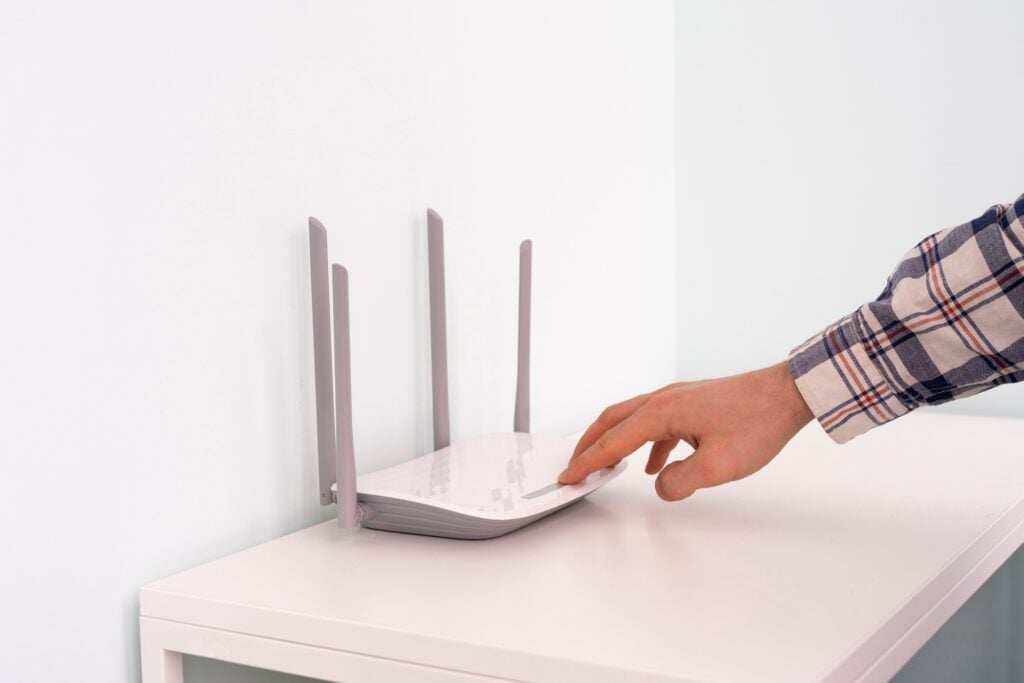Wi-Fi Security – Locking the Digital Gate to Your Home

Our homes are more connected than ever before. From smartphones and laptops to smart TVs and security cameras, most devices rely on Wi-Fi to get online. While wireless internet keeps us connected and convenient, it can also be an easy target for cybercriminals if not properly secured.
For the Woodstock community, where protecting both our homes and our data matters, securing your Wi-Fi network is as important as locking your front door.
Why Wi-Fi Security Matters
If someone gains unauthorised access to your Wi-Fi network, they can:
- Steal personal information like passwords, banking details, and private files.
- Monitor your internet activity.
- Use your network for illegal activities, making you appear responsible.
- Infect your devices with malware.
Even neighbours or passers-by can try to connect to weak or unsecured Wi-Fi networks.
Steps to Secure Your Wi-Fi
- Change the Default Router Password
Every router comes with a factory-set password, which is often easy to guess or find online. Change it to a strong, unique password immediately. - Use Strong Encryption
Make sure your Wi-Fi security setting is set to WPA3 (or at least WPA2) encryption. Avoid outdated options like WEP, which can be hacked in minutes. - Rename Your Network (SSID)
Don’t use personal information like your name, address, or business name in your network name. A generic name makes it harder for attackers to identify you. - Set a Strong Wi-Fi Password
Your network password should be at least 12 characters long, with a mix of letters, numbers, and symbols. Avoid simple phrases or words. - Disable Remote Management
Turn off remote access to your router’s settings unless you specifically need it. This prevents outsiders from changing your network configuration. - Keep Your Router Firmware Updated
Manufacturers release updates to fix security vulnerabilities. Check your router’s settings regularly and install updates as soon as they’re available. - Use a Guest Network
If visitors need Wi-Fi access, set up a separate guest network. This keeps them away from your main devices and files. - Turn Off Wi-Fi When Not in Use
If you’re away for an extended period, switching off your router can prevent unauthorised access attempts.
Extra Protection Tips
- Monitor Connected Devices – Most routers have a list of all connected devices. If you see one you don’t recognise, change your password immediately.
- Use a Firewall – Many routers have built-in firewalls; ensure yours is enabled for an added layer of defence.
- Pair with Antivirus Software – Even a secure network benefits from having individual devices protected.
Community Safety Connection
A single compromised Wi-Fi network can be used as a launchpad for attacks that affect others in the Woodstock community. Criminals could use your internet connection to spread phishing emails, attempt cyber fraud, or hack into other systems.
By securing your Wi-Fi, you’re not only protecting your household—you’re helping keep our neighbourhood safer in the digital space.
Think of your Wi-Fi like a gate to your property: if it’s unlocked, anyone can walk in. A few simple steps will keep the wrong people out and your digital life secure.






Responses